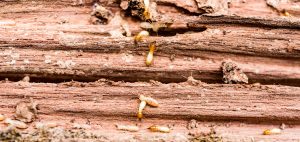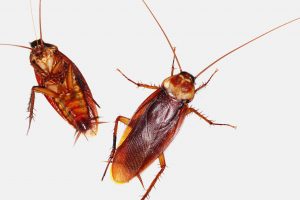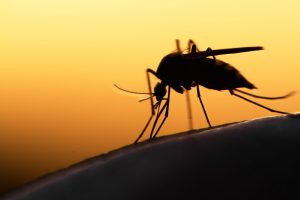
Whiteflies are tiny, pervasive little insects that are suprisingly difficult to control. Their little white bodies can pack a powerful punch, as they are vampires of vegetation. Once they attach themselves to a leaf, they suck out as much of the sap as they can, before moving on to the next host. The leaf eventually dies, ultimately destroying the plant altogether. Many gardeners have to take desperate measures to control these pesky insects.
The Plight of the Whitefly
Whiteflies are often the most active during the warm weather months. In southern states, whiteflies may breed all year, unless an unnatural cold front arrives. These insects thrive in areas in which their natural enemies have been destroyed, as is often the case in regions where crop fields or gardens have been sprayed with pesticides.
As whiteflies suck the sap out of leaves, they also excrete tiny drops of honeydew onto leaf surfaces. The honeydew causes the leaves to become sticky, and will also attract ants and other small insects. This will often interfere with the ability of natural predatory insects to control the whiteflies. Both their size and their honeydew excretions make whiteflies very difficult to control, especially with natural or organic methods. Some whiteflies will also transmit viruses to crop plants, quickly destroying them and contributing to economical damage.
Control Is Possible
Insecticides are often used to control large populations of insects, whether in the home or the garden. However, whiteflies are not very well controlled by insecticides. Thus, many specialists believe that the best way to control and manage whiteflies is to prevent their appearance in the first place. Insecticides will kill some of the whiteflies that come into contact with the toxin, but will not kill their eggs or the whiteflies that remain under cover of leaves or dirt. Insecticidal soap is often used on both sides of the leaves of plants; however, this is often not the best method for large-scale farms or gardens.
Commercial traps may be helpful in reducing the numbers of whiteflies in any given area, but should not be used as the sole treatment. These traps are often coated with a sticky lining, and will drastically reduce the number of these troublesome insects if placed strategically. Hand removal may be necessary in small gardens. When removed, the insects can be killed instantly. Removing any visible eggs and squashing them is also a helpful method.
Again, prevention is key. Promoting natural predatory insects in the garden space is very helpful in preventing the spread of whiteflies. If a plant is infested by a particularly large number of whiteflies at one time, remove the plant from the area and destroy it immediately. Using aluminium foil and reflective mulches may also be very helpful in deterring whiteflies.





